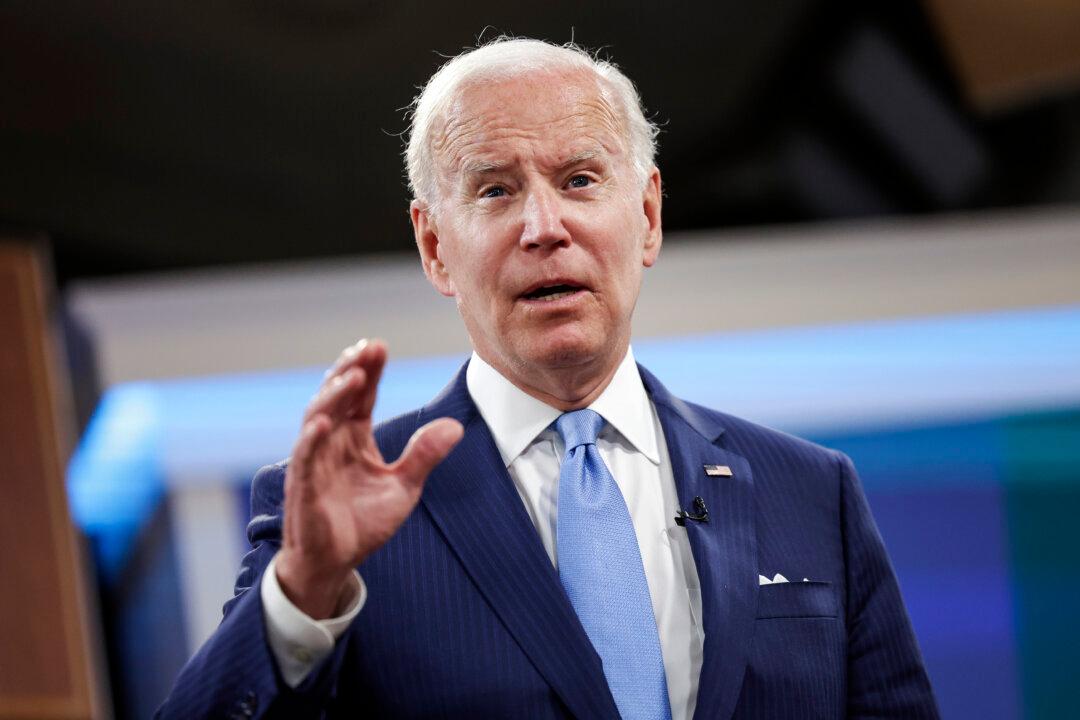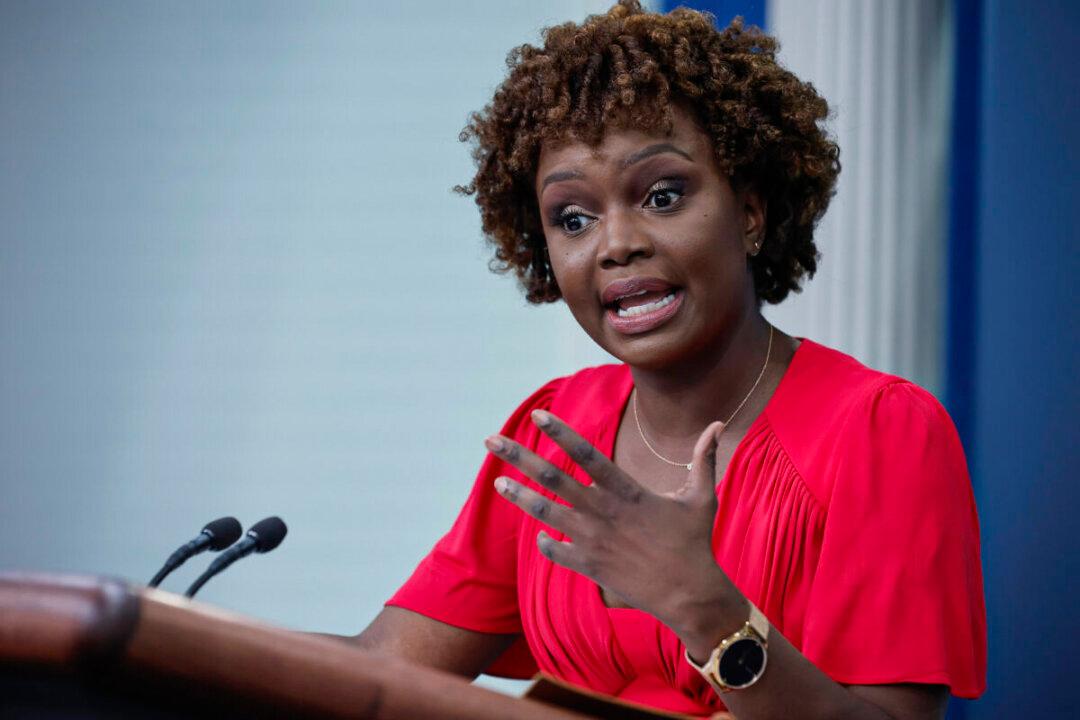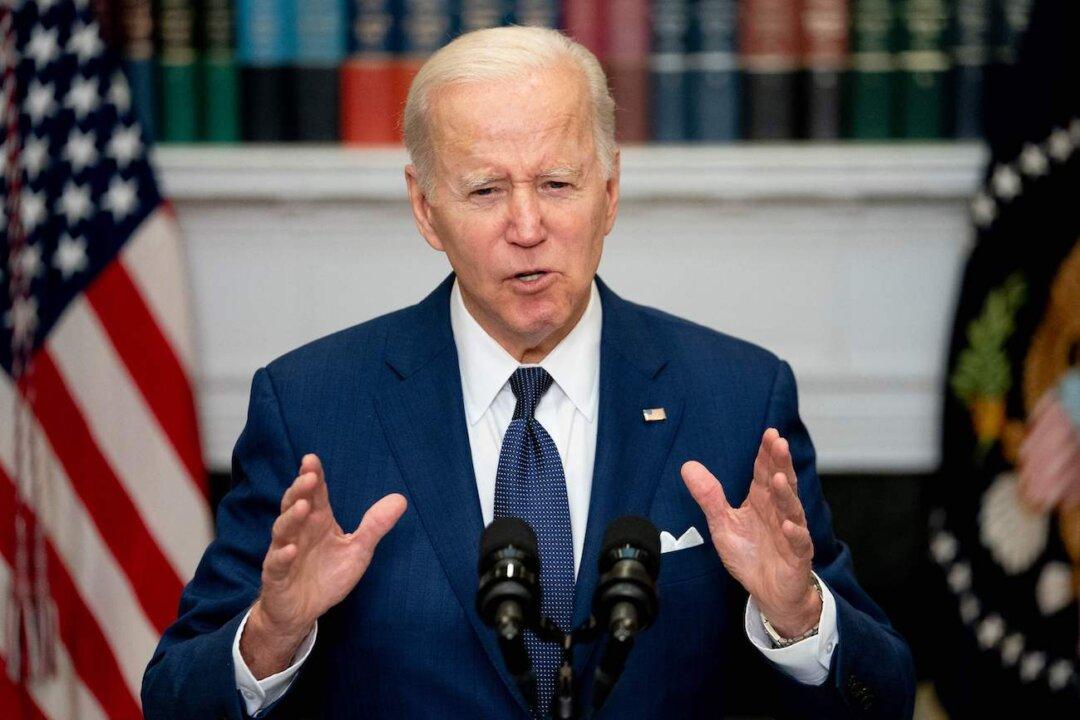The proposed U.S. response in the event of a Russian invasion of Ukraine includes sanctions on Russian elites and their family members, according to the White House.
White House press secretary Jen Psaki told reporters Monday the United States is considering sanctions packages against Russian inner circle members who play a role in government decision making or are, “at a minimum, complicit in the Kremlin’s destabilizing behavior.”




